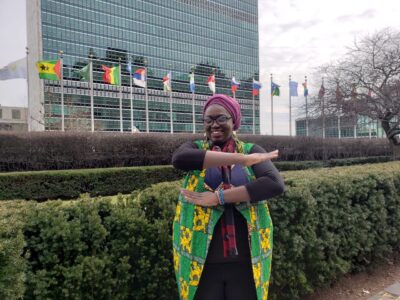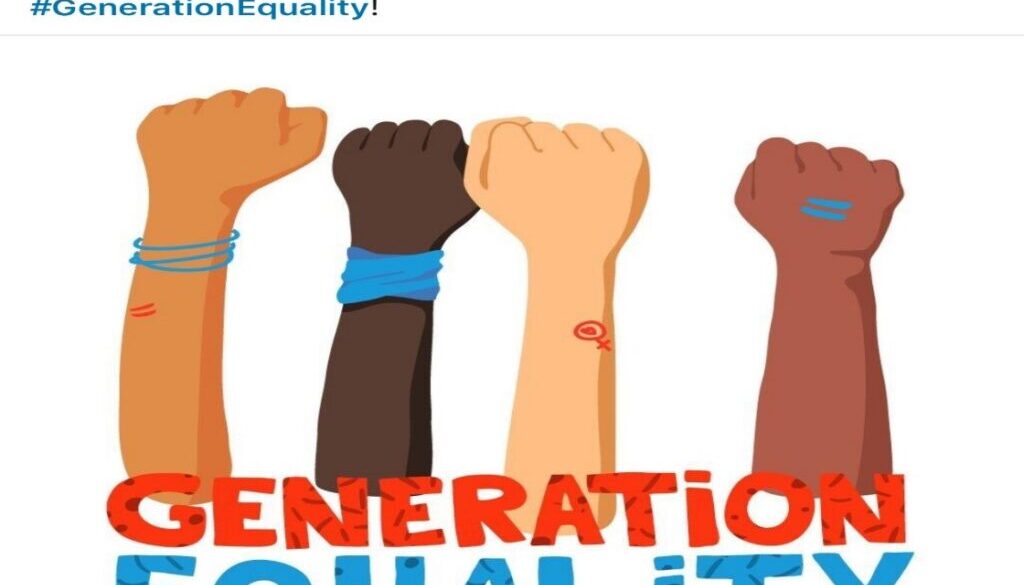International Women’s Day: Moving on from the celebration
By Bintu Mansaray
As we move on from celebrating International Women’s Day, I pay attention to how far the fight of female empowerment has come. We may not be where we want to be, but there is so much we have achieved already. We know what we need to do to get women where they should be. We have done some research, and we have some answers.
UN Women gave us the acronym RESPECT, which are strategies to prevent violence against women. These strategies are; relationship skills strengthened, empowerment of women, services ensured, poverty reduced, environments made safe, child and adolescent abuse prevented, and transformed attitudes, beliefs, and norms. We need to put those recommendations into practice, contextualising them, and learning from mistakes that arise.
But as we fight for women’s empowerment, we also have to include men. Men have been raised as victims of patriarchy, just as we have. They were told their job is to provide and protect. That is their job. Just like a woman’s job was to have babies and take care of the home. We are all unlearning and relearning to abandon the roles that we were born into. Women are being empowered, but men are feeling disempowered and emasculated. Because patriarchy taught them that their worth as a man is linked to how good of a provider and protector they are.
Men standing up for women’s rights. Who are these men?
The theme this year in Sierra Leone is men standing up for women’s rights. Men who believe in female empowerment. Those men are celebrated and given a seat at our table. We have to take a look at the men we allow to occupy our spaces. The alpha males. The successful man. The man who is already confident of his place in society and doesn’t feel threatened by an empowered female. Are these the only men we should target?
Do we think these men can bring the other men to the table? The men who feel less of a man by his empowered sister and partner, and resorts to abuse to bring her down. The men who commit the crimes of sexual and gender-based violence, the men who feel their wives should not work or even if they work, they should earn less. Can they relate enough to them? What about the ‘enlightened’ men who automatically think their empowered wives should stay home when their child is sick because he has a more important job to get to? How do we get them to understand women are equal to them, and they should respect our rights? How do we get their voices heard as we ask and try to understand their reasons if nothing else, but to use these stories as prevention mechanisms? In Sierra Leone, the Husband School was started, to teach men how to unlearn the toxic masculinity they were raised in.
Sharing our personal battles: The women fighting for gender equality

As feminists fighting for equal opportunities, we must continually be reflecting on our cultures and how we were raised. Those in positions of privilege frequently must check their privilege as they fight for the equal rights of women whose shoes, they’ve never walked in. Others like me who were raised in patriarchal cultures and trying to break free from it even as we fight to take every woman and girl along.
I noticed I do not sleep well at night whenever my husband travels. I explored what I was feeling, and I realised I did not feel as safe when he’s not around. Because we have been raised thinking our men are our protectors. That was something I had to unlearn to be able to feel safe alone in my own home. We are raising sons in a changing climate. Boys are being raised by empowered mothers, men who feel disempowered, cartoons with strong female leads. We need to explore how we ensure that this is indeed the generation of equality. An age where there are no defined roles for boys or girls, where both our boys and girls can lead. As we are striving to leave no woman or girl behind in generation equality, we should also leave no man or boy behind, as we need them to end gender inequality. Because when we celebrate Beijing 50, we cannot afford to have gotten it wrong.
